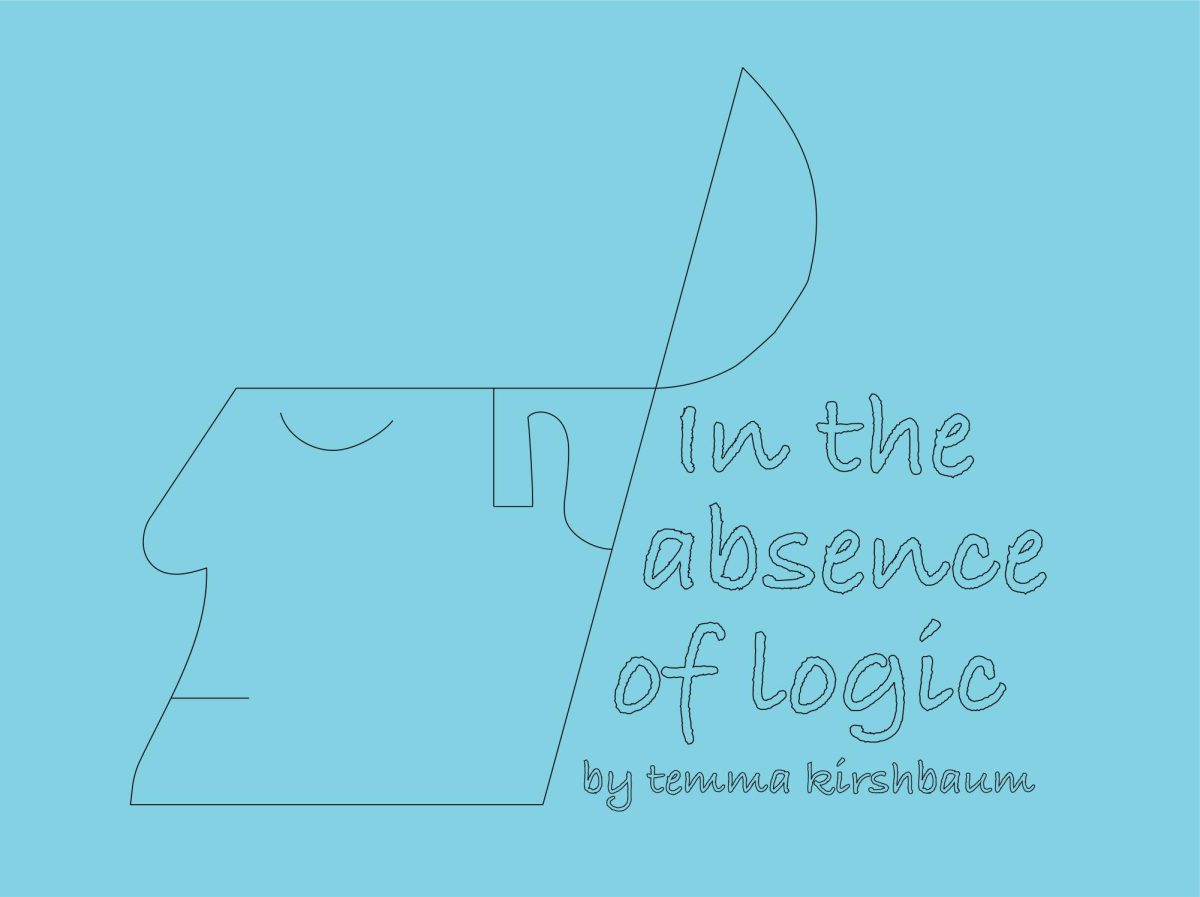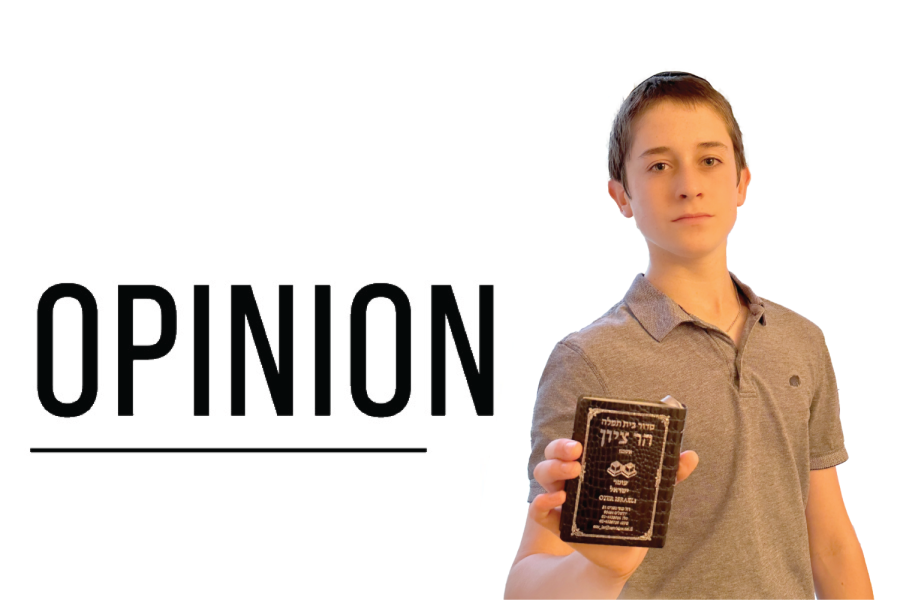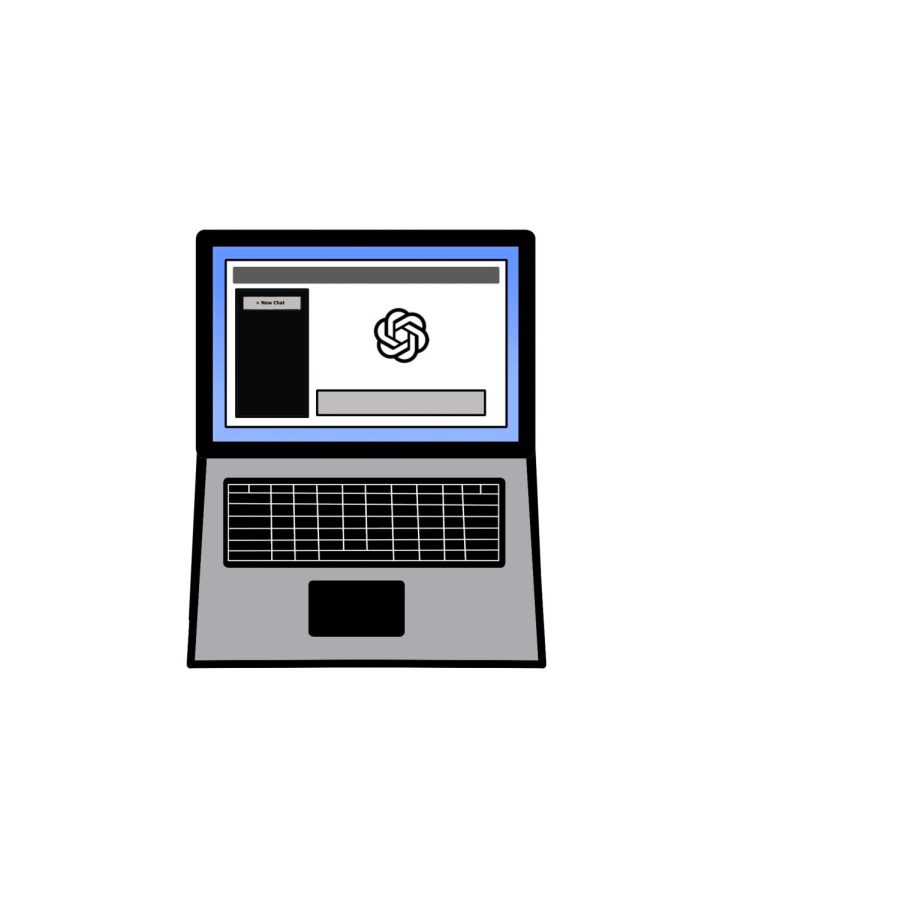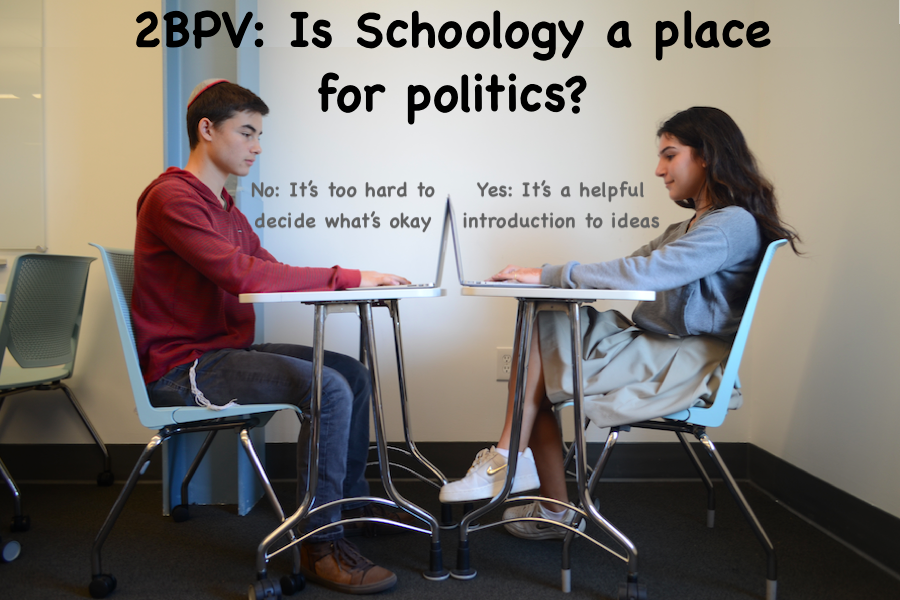America’s Founding Fathers believed government should be set up so power would not be concentrated too heavily in the hands of any one person. Though the Internet wasn’t around at that time, that warning still applies today.
Don’t get me wrong; the Founders were not paragons of virtue, at least by modern standards. Most of the signatories to the Declaration of Independence owned slaves and completely disregarded the rights of women. They did get some things right, however.
But one of their very best ideas was the balance of powers. We have three branches — executive, legislative and judicial — creating a distribution of governmental authority.
Today, the President of the United States carries the title of Commander-In-Chief of the United States military. That means that even without Congress’ approval, the President can – and does – send military troops into any region. The President is also never less than 15 feet away from the ability to unleash the massive nuclear arsenal of our nation.
I believe that we are dangerously close to giving the President way too much power by giving the executive office a “kill” switch over the entire internet in the United States. Such a power has been proposed by Senators Joseph Lieberman (I-Conn.), Susan Collins (R-Maine) and Jay Carper (D-Del.).
Just to be clear; we’re talking about giving one person the power (and the prerogative) to cut off Facebook, Edline, Twitter, and Youtube – disabling the entire online social network.
Now, I can see why this might be helpful if there are people using sites like these to plot terror attacks, or as springboards to hack into the Pentagon. In the unlikely event that someone might be doing this, the government wants to make sure even the possibility of threat is neutralized. Their concern is admirable, but over-the-top.
If we can learn anything from the recent upheaval in Egypt, it’s the value of social networking sites like Facebook and Twitter, even in the face of danger to the government. Sites like these were integral to the Egyptian revolution, and even if we were just talking about cutting off those two sites, that’s still a big blow to us. But we’re talking also about the disappearance of the Internet as a whole.
The First Amendment gives us freedom of speech and assembly. The Internet is a venue for virtual assembly. Better still, it’s a place that can serve as a drawing board to make plans for protests in the streets – which is how the protests that flooded Tahrir Square in Egypt got started. Having this kind of freedom is what makes us Americans.
The Bill of Rights doesn’t say: “unless we are at war,” when it talks about the First Amendment. In fact, the First Amendment grants us the right to speak our minds, petition the government, and assemble, period. A kill switch on the Internet would destroy that.
Now, in a case where your words will be a danger to public welfare, your Freedom of Speech is forfeited. That is the line Justice Oliver Wendell Holmes said in a 1918 Supreme Court decision. There are many tests determined by Supreme Court cases that basically mean that the restriction placed on such speech has to be as narrowly tailored as possible. Furthermore, such limitation is unnecessary: In one famous Supreme Court decision, the defendant called for the fall of the United States government by a communist revolution, and was acquitted. When it comes to freedom of Speech, the law is clear – limit it as little as possible.
Lets look at what happened in Egypt. The White House Press secretary Robert Gibbs agreed that when the Egyptian government shut off the Internet, it was a violation of their citizens’ rights.
We’re talking about letting the President cut off the Internet for as many as 120 days. If it was a violation of rights to do it in Egypt for a few weeks, tops, then what will we call it when the President takes ours down for four months? There is no situation in which it would be worth it to give any one person that kind of power. There are some powers no government should have — let alone one person. Let’s learn the lessons Egypt has taught us these past few weeks.
Better yet, let’s learn one of the most valuable lessons bequeathed by the Founders of this country; authority should never lie too heavily in the hands of any one person. The risk of backsliding into tyranny is far too great.












